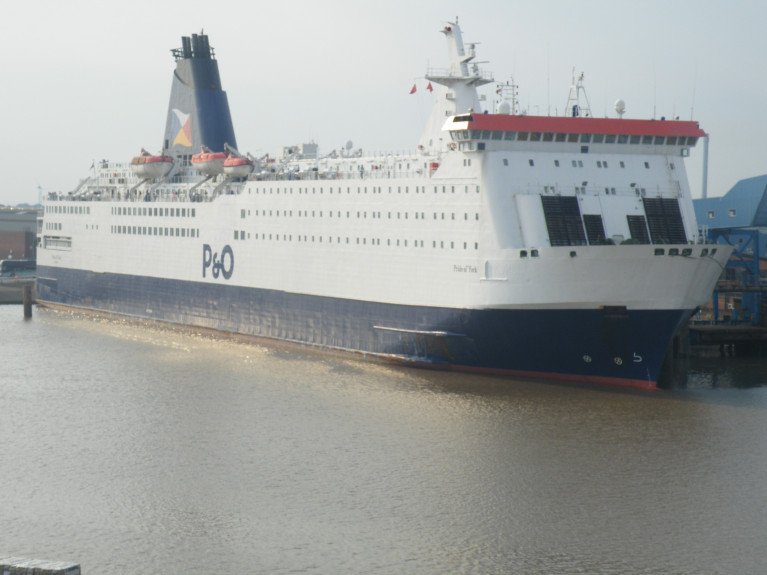Displaying items by tag: UK Gov'Slow'
Dubai based owner of P&O Ferries, reports BBC News, has said the UK government has been "slow" to react to the crisis facing vital supply routes.
The ferry company, which transports 15% of all goods in and out of the UK (incl Ireland), has applied for financial support to see it through the coronavirus lockdown.
The head of Dubai-based DP World told the BBC that P&O needs £257m in aid to avoid collapse and has applied to the UK government for £150m of that.
But Sultan Ahmed bin Sulayem said he has yet to get a response from the UK.
The DP World chairman and chief executive said: "P&O plays a vital role in the UK and thousands of jobs depend on this company. We have to be sure that when this is over we can bounce back and save these jobs.
"We have applied to the UK government to support the company to save the jobs of these people. The government has been slow. We need to safeguard these jobs - a lot of people's lives depends on this company."
As leisure passenger numbers have collapsed, moving freight only between the EU and the UK has become economically unviable. P&O has taken seven ships out of service (among them Pride of York according to the YorkshirePost).
As Afloat has previously reported P&O has also furloughed 1,400 workers, which will see the UK government paying 80% of their wages.
For further reading on the story click here.
In addition Afloat reported on the operator's Dublin-Liverpool ropax freight ferry Norbay which was detained in the UK port over port fees which was resolved recently.
The Norbank along with sister Norbay still retain their 'Nor' prefix named as a legacy of North Sea Ferries which as alluded in the photo caption above became part of the present P&O Ferries connecting the UK with Ireland and continental Europe.
























































